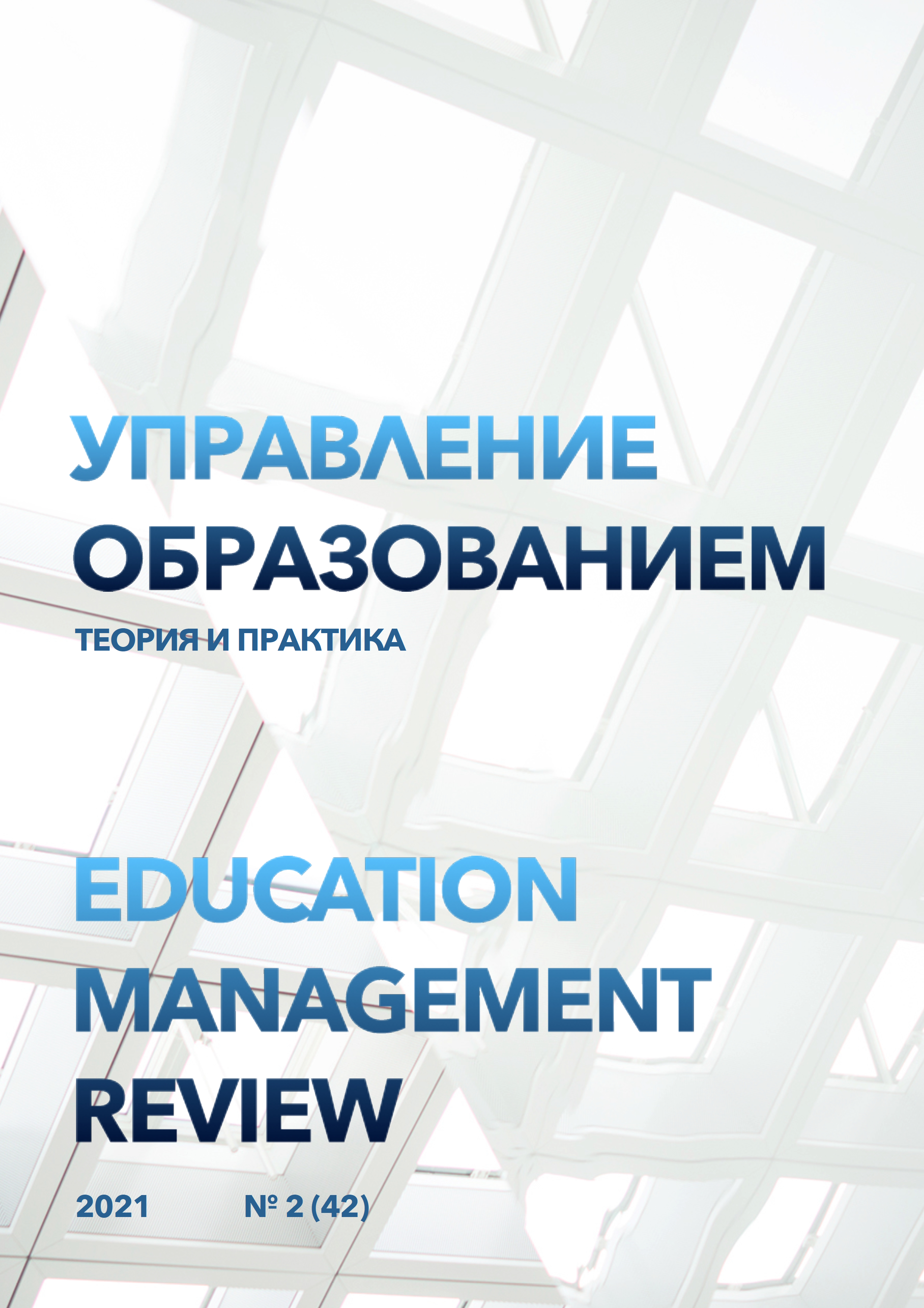The use of different forms of interactive learning at the university in the development of students ' communication skills
DOI:
https://doi.org/10.25726/c8396-4273-0840-oKeywords:
Dialogue, development, ability, student, form.Abstract
Socio-economic and political development of our state, integration into the world community are the most important factors that determine the objective need for qualitative changes in the system of professional teacher education. There is an urgent need to create conditions for training specialists focused on fulfilling the social order of society, competitive in the international labor market, capable of professional self-development, self-correction in changing conditions. The directions of reforming this branch of special education reflect the general trends in the development of educational practice in the world. The problem of formation and development of professional competence of teachers is considered in the context of a personality-oriented learning model, an essential feature of which is such an organization of the assimilation of the content of education by the subject, during which the objective meaning of the material is removed and the subjective meaning of personality-affirming values is revealed in it. The purpose of the article is to reveal the specifics, types and technologies of interactive seminars as a form of activation of educational and cognitive activity of university students. In the scientific and pedagogical literature, it is customary to call interactive means that ensure continuous dialog interaction of the subjects of the educational process.
References
Баразгова Е.С., Хитрин К.Л., Попова О.И. Ролевой переход в системе профессионального образования // Дискуссия. 2016. № 1 (64). С. 78-85.
Белая Е.Н. Интерактивное обучение как средство развития критического мышления студентов // В сборнике: Омские научные чтения - 2019. Материалы Третьей Всероссийской научной конференции. 2019. С. 986-988.
Данилова Т.В. Проблемы взаимодействия будущего педагога во внешней педагогической среде. // Стратегия и тактика подготовки современного педагога в условиях диалогового пространства образования: сборник научных статей / науч. ред. и сост. Н.А. Асташова. - Брянск: РИО БГУ; Изд-во «Белобережье», 2018.-304 с. С. 128-133.
Данилова Т.В., Малькина О.В. Анализ уровней развития диалогового пространства образования.// Успехи гуманитарных наук. 2019. № 6.- 340 с. С. 197-203
Демидова Т.Е., Тонких А.П. Реализация проблемного обучения в вузе //Начальная школа плюс До и После. 2004. № 4. С. 6-12.
Донец А.В. Итоги работы студентов третьего курса на технологической практике // Интеллектуальный потенциал XXI века: ступени познания. 2014. № 20. С. 31-34.
Кардос П., Плачтинска П. Пространственный опыт в реальной и виртуальной окружающей среде как инструмент градостроительного проектирования // Архитектура и современные информационные технологии. 2010. № 1 (10). С. 1.
Коновалова Е.В. Формирование диалоговой культуры студентов - будущих педагогов // Гуманизация образования. 2014. № 2. С. 35-40.
Лапыко Т.П. Диалог преподавателя и студента в научно-исследовательской работе //Материалы международной научно-практической конференции "Технологии активного обучения в профессиональном образовании 25-26 ноября 2011.Брянск, «Курсив», 2011.С.350-354.
Литвина О.Ю. Диалог как средство профессиональной коммуникации студентов вуза // В сборнике: Актуальные проблемы педагогики и образования. сборник научных статей. науч. ред. и сост. Н.А. Асташова. 2015. С. 70-76.
Темницкий А.Л. Возможности повышения уровня адекватности понимания в современных коммуникациях студентов // Коммуникология. 2016. Т. 4. № 6. С. 223-240.
Ферапонтов Г.А. Концепция интегрированного социо-кросс-культурного гражданского воспитания // В сборнике: Компаративистские исследования и кросс-культурный подход в науке и образовании. материалы Всероссийского семинара с международным участием. Федеральное агентство по образованию, Новосибирский государственный педагогический университет, Институт естественных и социально-экономических наук, Кафедра иностранных языков. 2008. С. 26-29.
Фуражева Н.С. Интерактивность в обучении. Общение как важнейшая составляющая образовательного процесса // В сборнике: Мировое культурно-языковое и политическое пространство: инновации в коммуникации. Сборник научных трудов. Москва, 2018. С. 401-410.
Чибаков А.С. Реализация принципов логико-информационной технологии обучения в условиях учреждения среднего профессионального образования // Тенденции развития науки и образования. 2019. № 57-9. С. 8-12.
Goldschmidt, E. P., Walsh, M. E. (2013). Urban Catholic elementary schools: What are the governance models? Journal of Catholic Education, 17(1), 111–135.
Johnson, S. M., Marietta, G., Higgins, M., Mapp, K. L., Grossman, A. S. (2014). Achieving coherence in district improvement: Managing the relationship between the central office and schools. Cambridge, MA: Harvard Education Press.
Kraatz, M. S. (2009). Leadership as institutional work: A bridge to the other side. In Lawrence, T. B., Suddaby, R., Leca, B. (Eds.), Institutional work: Actors and agency in institutional studies of organizations (pp. 59–91). Cambridge, UK: Cambridge University Press.
Polikoff, M. S. (2015). How well aligned are textbooks to the Common Core Standards in mathematics? American Educational Research Journal, 52(6), 1185–1211.
Spillane, J. P., Anderson, L. M. (2014). The architecture of anticipation and novices’ emerging understandings of the principal position: Occupational sense-making and the intersection of individual, organization, and institution. Teachers College Record, 116(7), 1–42.




